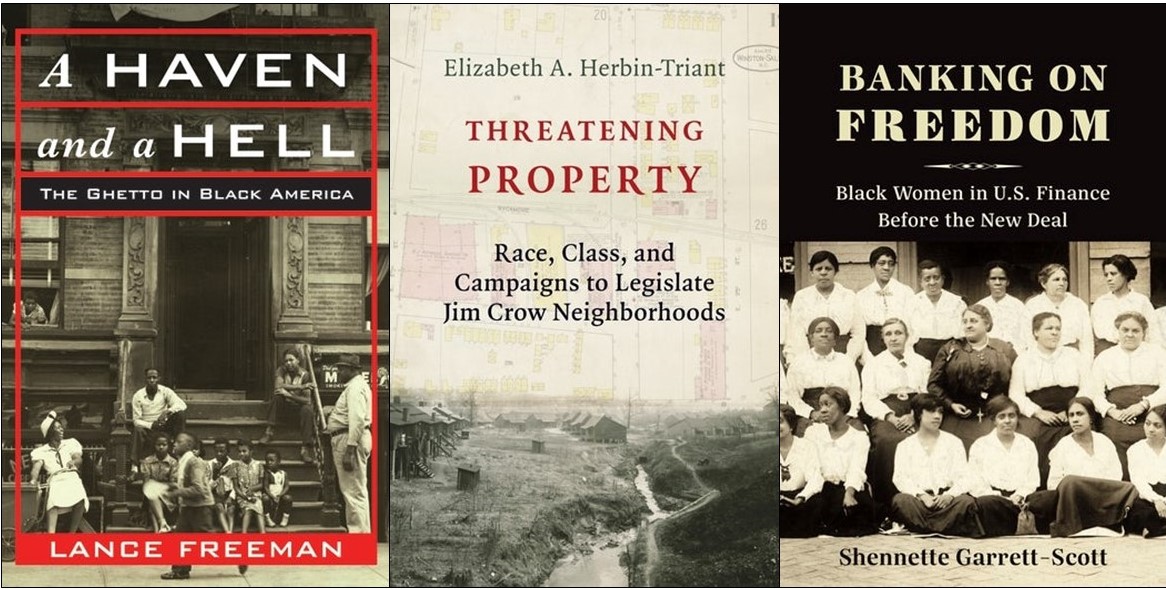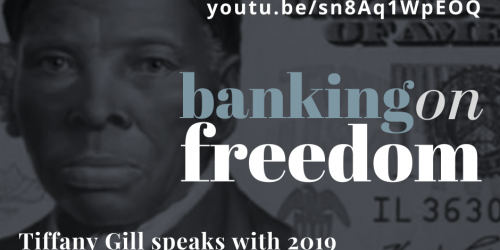Black History Month: The Education of Booker T. Washington
Continuing our series of postings on Black History Month, we turn to Michael West’s The Education of Booker T. Washington: American Democracy and the Idea of Race Relations. In the book, West explores the power and influence of Washington’s ideas during his own lifetime and their often negative influence in the continuing struggle for equality in the United States. West provocatively argues that Washington’s formulation of the idea of “race relations” ultimately preserved some measure of racial peace but obscured the injustices of segregation. West writes:
Many [of Booker T. Washington’s supporters] called him a visionary who offered a means of solving ‘the Negro problem.’ My argument is that Washington’s solution was an idea, a theory . . . called ‘race relations,’ that opened the way for the ideological reconciliation of two opposites: racist proscription and democracy. Judged by the esteem of his contemporaries, Washington’s idea was a great success. Judged by the sorry fate of millions of African Americans, Washington’s leadership was a failure. . . . The power of Washington’s idea—the race relations idea—is the key to understanding the successful progress of Jim Crow America and the shape of the civil rights movement that sought to dismantle Jim Crow.







